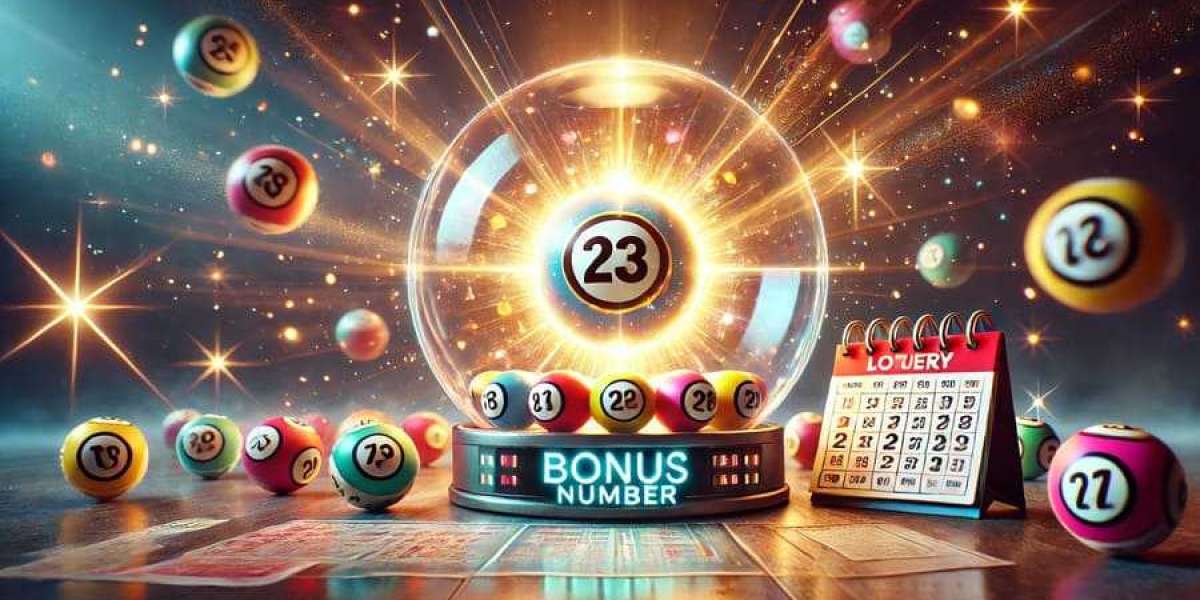Players typically partake in the lottery as a form of escapism or entertainment, however understanding one's motivations may help refine their strategy to video games like Lotto.
Players typically partake in the lottery as a form of escapism or entertainment, however understanding one's motivations may help refine their strategy to video games like Lotto. Are gamers drawn to the thrill of possibility, or is it the dream of economic security that drives their passion? These questions can result in valuable insights into consumer conduct.
When it comes to taking half in the lottery, the thrill of presumably winning a life-changing sum of cash brings millions of individuals collectively. While the draw of luck can never be underestimated, there's an underlying curiosity about the science of choosing the most effective
Lotto Winning Probability numbers to pick. Understanding which numbers are statistically more prone to win can influence how players select their tickets. This article delves into varied approaches to selecting nums, the psychology behind them, statistical patterns from past lottery draws, and the way these methods can optimize your probabilities for luck to strike. Are you able to explore the fascinating world of lottery numbers and achieve insights that would change your fortunes?
Other significant moments embrace landmark wins the place gamers selected numbers that had historical significance—birthdays, anniversaries, and seemingly random decisions that turned out to be extremely fortunate. Analyzing these outcomes gives start to discussions around lottery psychology and the components that players think about when deciding on their numbers.
A important facet of Lotto outcomes historical past is the broader societal influence that major wins have on both native communities and nationwide economies. Winning the lottery invariably brings increased curiosity in native economies, usually leading to a surge in tourism and retail activity. Communities typically rally around winners celebrating their newfound wealth, which in turn contributes to local businesses flourishing.
Increasingly, technology is playing a task in lottery strategies, with various instruments and functions designed to analyze quantity patterns and suggest combinations primarily based on historic knowledge. Certain web sites provide statistical analyses and advice based mostly on past successful attracts, helping users make informed alternatives. However, whereas these technological advances can complement one's methods, it's critical to remember the foundational principle of lotteries – randomness. Utilizing these tools correctly may help refine choices however should not be seen as surefire means to a jackpot.
To grasp the idea of the most typical lotto numbers, we first want to grasp how lottery methods function. Lotteries often employ random number generation to select profitable numbers, but studies present that some numbers appear more frequently than others over time. This phenomenon can be attributed to numerous factors, including the sport design, the number of whole combos, and the inherent randomness of draws. For instance, a lottery recreation that requires players to choose six numbers from a pool of forty nine could exhibit completely different statistical outcomes compared to a game that only requires three numbers from a pool of 30. Such structural differences finally affect the frequency of certain numbers being drawn.
The lottery landscape continues to evolve, with rising participation rates and advancements in technology. Online ticket purchasing, cellular purposes, and interactive gaming platforms have revolutionized how individuals engage with lotteries, probably resulting in even bigger jackpots sooner or later. Moreover, as regulators turn into more concerned in making certain transparency and fairness in games, participant belief will probably play a vital position in sustaining participation levels over time.
The increase in younger players also correlates with the rise of on-line platforms, the place digital interactions really feel more accessible and fascinating. Lottery organizations must adapt to this audience by introducing social options and interactive elements that resonate with a tech-savvy generation that values prompt gratification and social sharing.
Examining the success tales of lottery winners can provide additional insights into effective quantity choice methods. For instance, a pair in Florida received the Powerball jackpot through the use of a combination of their youngsters's birthdates and the most typical
lotto numbers. By incorporating frequently drawn numbers into their combine, they managed to create a balanced ticket that aligned with their personal beliefs. Such tales not solely encourage aspiring lottery gamers but in addition demonstrate the potential advantages of considering statistical developments.
In today's digital age, know-how can play an instrumental position in managing your lotto pool. Numerous apps and online platforms can facilitate ticket purchases, monitor contributions, and distribute winnings amongst members. Using these instruments helps streamline communication and keeps everybody informed about the pool's standing. Moreover, it enhances transparency, which is essential for sustaining trust amongst members. Statistically, groups using tracking software report greater satisfaction and less conflict, resulting in a more pleasant lottery expertise.
슬롯사이트 순위 비교: 최고의 슬롯사이트를 찾아라!
von karinamoreland Innovation Amid Raids: Inside Nigeria's Dynamic Sports Betting Industry
von willardweather
Innovation Amid Raids: Inside Nigeria's Dynamic Sports Betting Industry
von willardweather Revolução no Cuidado Animal: Descubra os Benefícios do Bebedouro Australiano para Gado
von joolucasc1774
Revolução no Cuidado Animal: Descubra os Benefícios do Bebedouro Australiano para Gado
von joolucasc1774 L.M. Ching: Establishing New Benchmarks in Customer-Oriented High-End Skincare Distribution
von randalllowranc
L.M. Ching: Establishing New Benchmarks in Customer-Oriented High-End Skincare Distribution
von randalllowranc Chat-Video kostenlos.
von kirksmyth57114
Chat-Video kostenlos.
von kirksmyth57114


